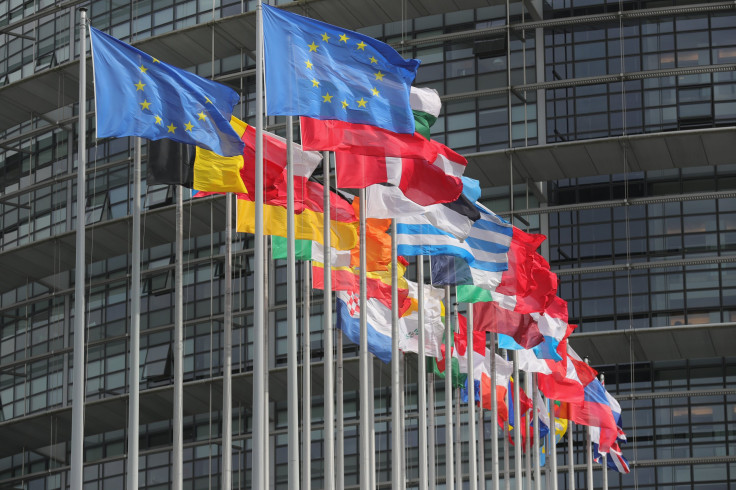Brexit Could Put UK Science ‘In Jeopardy,’ Nobel Laureates Warn

A team of 13 British Nobel laureates warned Friday that leaving the 28-nation European Union may put science and research in the U.K. “in jeopardy.” The comments, made in a letter published in the Telegraph, come just 12 days ahead of the Brexit referendum.
“As British science Nobel Laureates, we are concerned that those commenting on science for Brexit lack experience in scientific leadership,” the scientists wrote in the letter. “Brexit assertions that the Treasury will make up this shortfall are naive and complacent, given that successive governments have allowed Britain to languish well below the OECD and EU averages in its research investment as a proportion of GDP.”
Currently, EU nations collectively spend an average of 1.9 percent of their gross domestic product on scientific research while the Organization for Economic Cooperation and Development (OECD) spends an average of 2.4 percent. The U.K., on the other hand, spends only 1.7 percent of its GDP on research.
Despite calls by the House of Common’s Science and Technology committee to increase funding to up to 3 percent of the GDP, the government has yet to do so. Brexit opponents argue that if the U.K. leaves the EU, it would lose the leading role it currently enjoys in shaping the bloc’s research agenda.
“The EU contains a critical mass of expertise, with more than one in five of the world’s researchers moving freely within its boundaries. It helps provide scientific agility, has some of the finest minds and facilities in the world, and invests heavily in research, people and infrastructures,” the team of scientists, which includes Peter Higgs — who, in the 1960s predicted the existence of the Higgs boson — wrote in the letter. “EU decisions about scientific policy, funding and regulatory frameworks affect science the world over, and are influenced by British scientists. On the inside, Britain has access to people and funding and wields global scientific influence, far greater than we have alone.”
Although polls suggest that the “leave” and “stay” campaign are currently neck-and-neck, most scientists have spoken out against leaving. According to a recent poll of over 900 British researchers conducted by the journal Nature, 83 percent want the U.K. to stay within the EU. A total of 78 percent of the researchers who intend to vote said Brexit would harm U.K. science.
In March, cosmologist Stephen Hawking and over 150 members of the Royal Society, called Brexit a “disaster” for science in a letter to the Times newspaper. Hawking and his co-signatories cited the example of Switzerland, which they said has struggled to attract young talent from the EU because of restrictions to freedom of movement of workers.
“Investment in science is as important for the long-term prosperity and security of the U.K. as investment in infrastructure projects, farming or manufacturing; and the free movement of scientists is as important for science as free trade is for market economics,” the scientists wrote in the letter.
© Copyright IBTimes 2025. All rights reserved.






















